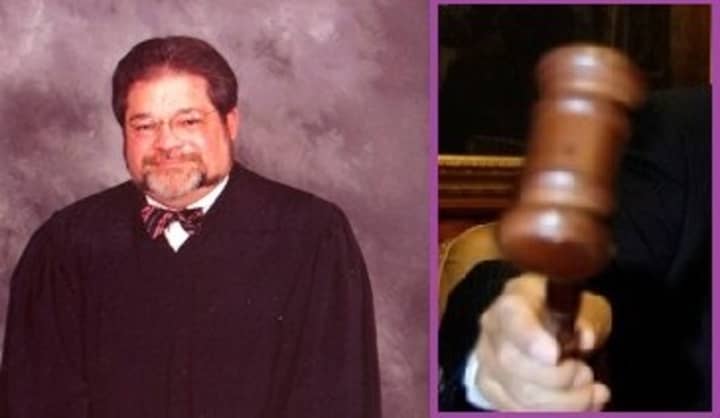The Supreme Court upheld a March ruling by a state appeals court that Hanges had no reason to lie when he told police he’d been cut off by a “phantom” blue Corvette, sending his vehicle into an overpass on Oct. 31, 2004.
Doctors said Hanges suffered both physical and psychological damage from the accident. He committed suicide two months later.
His estate claimed coverage from Metropolitan Property & Casualty Insurance Company, saying the Corvette driver should have been treated as an uninsured motorist.
Metropolitan Property got the case dismissed, however, by saying that the phantom Corvette was never found, and Hanges’ statements couldn’t be used.
Superior Court Judge Robert Wilson agreed that someone in those circumstances had plenty to gain by shifting the blame “to some other non-verifiable cause” when interviewed by police. So he threw the case out.
But the family appealed, and an apellate panel three months ago declared that statements made by a witness who dies before trial are trustworthy if they are clearly made in good faith.
In Hanges’ case, the appellate judges said, there was “nothing in the record … to indicate that the statement was not made in good faith or that it was otherwise lacking in reliability or trustworthiness.”
The Supremes unanimously backed that decision on Monday, saying nothing suggested Hanges had a motive to lie and that Wilson’s “determination is a subjective one.”
Hanges’ family can now pursue a legitimate claim, while the reputation of a man of integrity remains intact, thanks to a rare provision of state law: the “dying declaration” exception to New Jersey’s hearsay rule.
In the weeks following the crash, Hanges repeated his story to two physicians and psychologist treating him for mental health trouble. Supreme Court Justice Roberto Rivera-Soto said Hanges’ statements were consistent with what he told police right after the accident — which should have signaled a sense of legitimacy to Wilson and not the other way around.
Wilson’s decision, Soto said, “constitutes a clear error in judgment” and “an abuse of discretion [that] cannot be sustained.”
Click here to follow Daily Voice Saddle Brook-Elmwood Park and receive free news updates.


